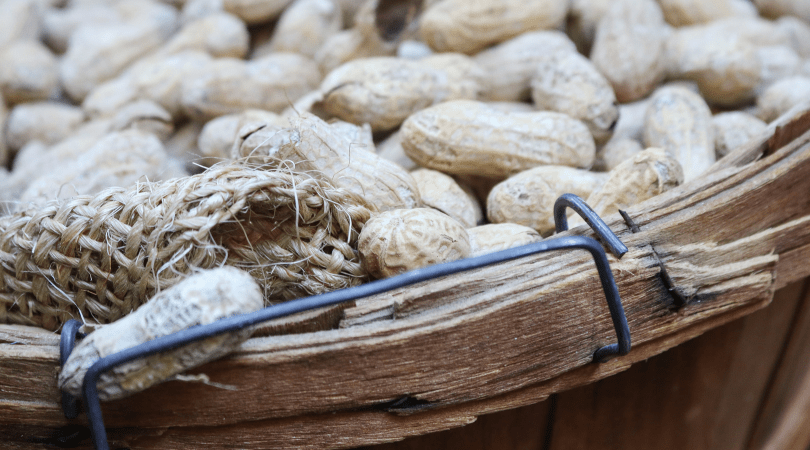One of the advantages to living in the countryside is that many of our neighbors are farmers or keep big gardens, and there is a lot of produce-sharing in our community. Often, someone will show up at our house with bags or boxes of fresh fruit or vegetables that someone has collected for us to sample.
We have been given home-grown potatoes, bell peppers, squash, kale and cucumbers, to name just a few. This last weekend, we also had the opportunity to pick peanuts!

It is a blessing to be able to supplement our food budget and what we grow in our own garden with fresh goods from our neighbors, shared from their seasonal abundance.
Older locals are also eager to share their knowledge, and I realize how often their skills are taken for granted.
Sometimes while walking outdoors, we are called over by an oba-chan (older lady) standing in the mud in garden boots and an apron. We might return home full-fisted with cuttings of plants that have been thrust into our hands, or flowers pulled up from the ground, roots and dirt dangling beneath.
On Saturday, one of these local oba-chan invited us over to her garden to pick peanuts. Although I have eaten a lot of homegrown food in my lifetime, I never thought that peanuts would make the list!

Masashi and I were shocked when we stepped into her garden, expecting to see peanuts hanging on branches.. and were met with a very different sight!
I knew that peanuts are technically “legumes”, but somehow it never quite hit me that, unlike walnuts (nuts) or edamame (beans), peanuts grow underground.
We pulled the plants out of the soil, snapped the ripe peanut shells off of the roots, and tossed them into a plastic basket. Later, we washed the muddy shells in the river, then took the peanuts home, removed the pods, and lay the “nuts” on a baking sheet for roasting.

We plan to set aside some of the roasted peanuts to make homemade peanut butter, and we also made a few boiled peanuts, which are similar to cooked beans (it also never occurred to me that you could eat peanuts boiled!).
Perhaps shopping at grocery stores makes us spoiled, and we forget the connections between our food, and how it gets to the table. Harvesting food by hand makes it seem so valuable.
It’s harder to waste when you have seen all of the hard work and love that goes into making something grow. To have an abundant harvest, you must watch your plants carefully, defend them from bugs, protect them from bad weather, and give them the support they need to grow well.
As I begin to prepare our Thanksgiving menu for November, I have been thinking about what it truly means to celebrate harvest and abundance. In the past, when industrialized societies were more agriculturally-based, it took a lot of effort to keep one’s family from starving.
A successful harvest would have been hard work, but deeply joyous. It meant that a family could survive the winter, and also have enough to share.
Although having a good harvest from our gardens may not be as much of a life-or-death situation for some of us, experiencing the kindness from neighbors reminds us that there is still beauty in sharing what we have.. whether that be knowledge, wisdom, goodwill, or peanuts.
What does abundance mean to you?
Please leave a comment below.
